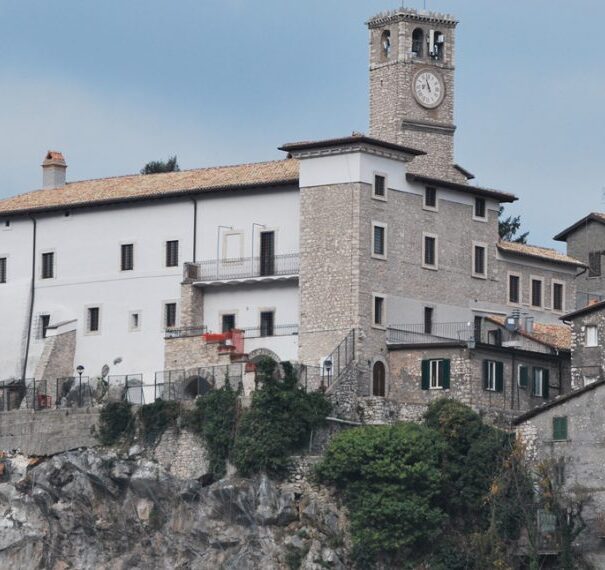Leone XIII, Jo Papa Nostro
In Carpineto Romano, when people speak of Pope Leo XIII, they don’t just call him by name.
Here, he is affectionately remembered as “Jo Papa Nostro” — our Pope — a sign of the deep and sincere bond that still unites the town with its most illustrious son.
Born on March 2, 1810, right in Carpineto, Vincenzo Gioacchino Pecci, the future Leo XIII, became Pope in 1878. His long pontificate, lasting 25 years, is remembered for opening the Church to the modern world, defending workers’ rights, and focusing on social conditions, as expressed in the famous encyclical Rerum Novarum.
But his connection to his homeland never faded. Leone XIII did much for the people of Carpineto, supporting projects, families, and initiatives that are still passed down in the collective memory.
Even today, walking through the historic center of Carpineto Romano, you can feel the atmosphere of that time and discover places linked to his family and youth. The Leone XIII Museum, located in the building where he was born, is a must-visit for anyone wishing to better understand the local history and cultural roots of our town.
Our B&B welcomes you right here, where “Jo Papa Nostro” was born, inviting you to discover an authentic corner of Italy rich in culture, nature, and tradition.
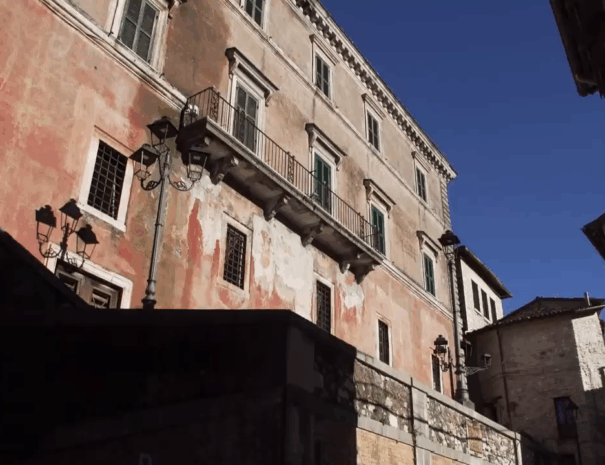

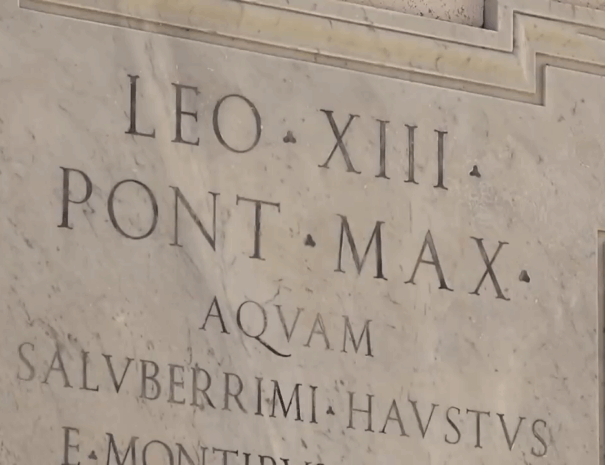
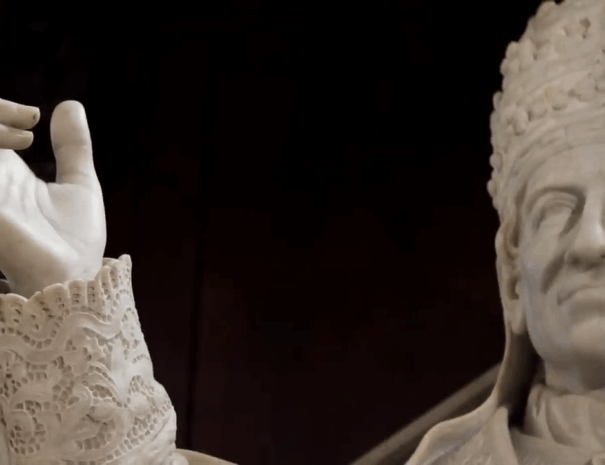
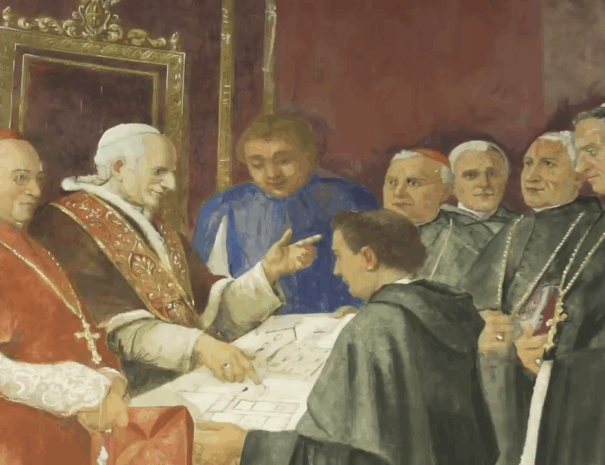
Richard McClintock, a Latin scholar from Hampden-Sydney College, is credited with discovering the source behind the ubiquitous filler text. In seeing a sample of lorem ipsum, his interest was piqued by consectetur—a genuine, albeit rare, Latin word. Consulting a Latin dictionary led McClintock to a passage from De Finibus Bonorum et Malorum (“On the Extremes of Good and Evil”), a first-century B.C. text from the Roman philosopher Cicero.
It’s difficult to find examples of lorem ipsum in use before Letraset made it popular as a dummy text in the 1960s, although McClintock says he remembers coming across the lorem ipsum passage in a book of old metal type samples. So far he hasn’t relocated where he once saw the passage, but the popularity of Cicero in the 15th century supports the theory that the filler text has been used for centuries.
And anyways, as Cecil Adams reasoned, “[Do you really] think graphic arts supply houses were hiring classics scholars in the 1960s?” Perhaps. But it seems reasonable to imagine that there was a version in use far before the age of Letraset.
And anyways, as Cecil Adams reasoned, “[Do you really] think graphic arts supply houses were hiring classics scholars in the 1960s?” Perhaps. But it seems reasonable to imagine that there was a version in use far before the age of Letraset.
Richard McClintock, a Latin scholar from Hampden-Sydney College, is credited with discovering the source behind the ubiquitous filler text. In seeing a sample of lorem ipsum, his interest was piqued by consectetur—a genuine, albeit rare, Latin word. Consulting a Latin dictionary led McClintock to a passage from De Finibus Bonorum et Malorum (“On the Extremes of Good and Evil”), a first-century B.C. text from the Roman philosopher Cicero.
It’s difficult to find examples of lorem ipsum in use before Letraset made it popular as a dummy text in the 1960s, although McClintock says he remembers coming across the lorem ipsum passage in a book of old metal type samples. So far he hasn’t relocated where he once saw the passage, but the popularity of Cicero in the 15th century supports the theory that the filler text has been used for centuries.



